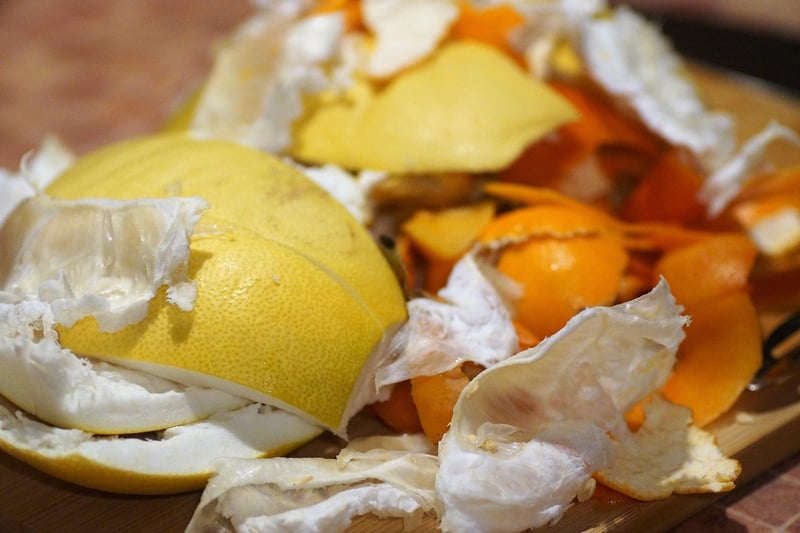Composting Basics
#Organic
#Composting
#Soil Testing
The Importance of Composting for Plant Health

Composting is a fundamental practice that plays a crucial role in maintaining plant health and promoting sustainable gardening. Not only does composting help reduce waste sent to landfills, but it also enriches the soil, providing essential nutrients for plants to thrive.
Benefits of Composting:
- Improves soil structure
- Enriches soil with essential nutrients
- Enhances soil moisture retention
- Reduces the need for chemical fertilizers
- Suppresses plant diseases
- Promotes beneficial microbial activity
Getting Started with Composting:
- Choose a suitable location for your compost pile or bin.
- Collect organic waste such as fruit and vegetable scraps, coffee grounds, eggshells, and yard trimmings.
- Aerate the compost pile regularly to ensure proper decomposition.
- Maintain a balance of green (nitrogen-rich) and brown (carbon-rich) materials in the compost pile.
- Monitor the moisture level and adjust as needed to keep the compost pile damp but not waterlogged.
- Turn the compost pile occasionally to speed up the decomposition process.
- Harvest mature compost and incorporate it into your garden soil to reap the benefits.
By adopting composting practices in your gardening routine, you can create a sustainable cycle of nutrient recycling that not only benefits your plants but also contributes to a healthier environment.
Start composting today and witness the positive impact it has on your garden's vitality!

Image sources: Pixabay.com
